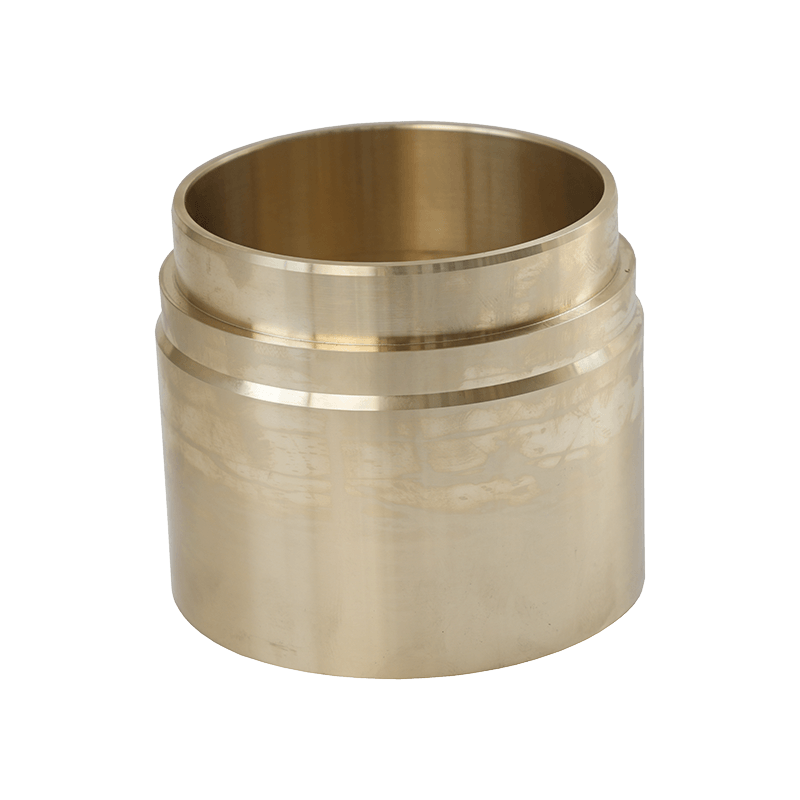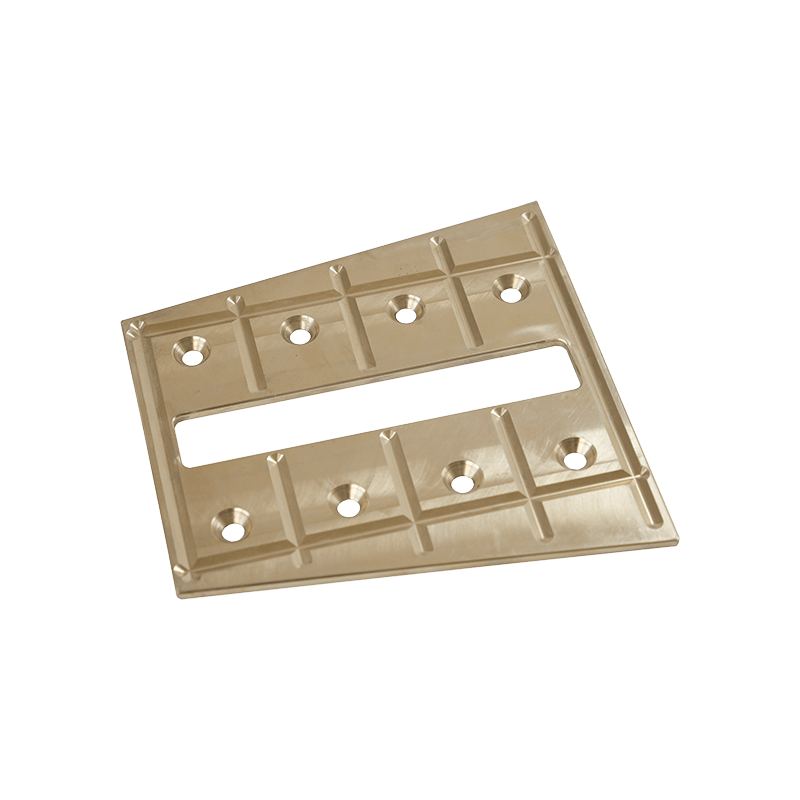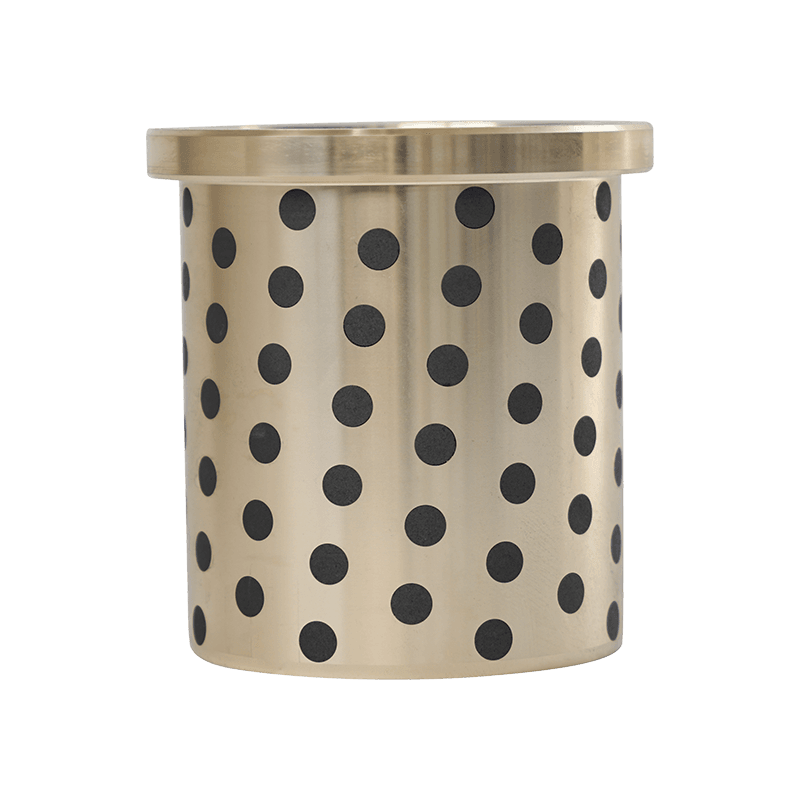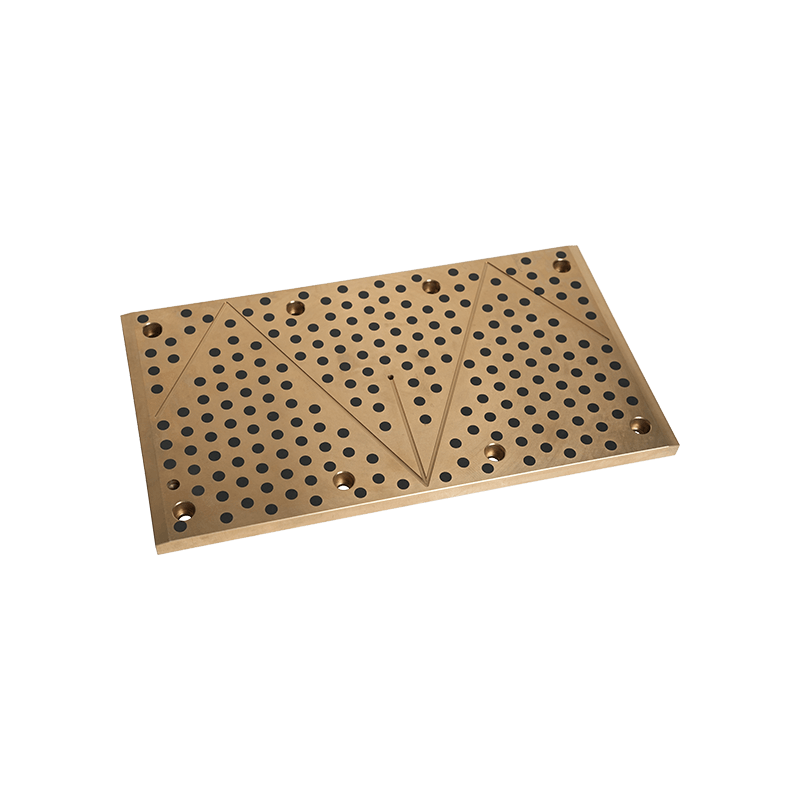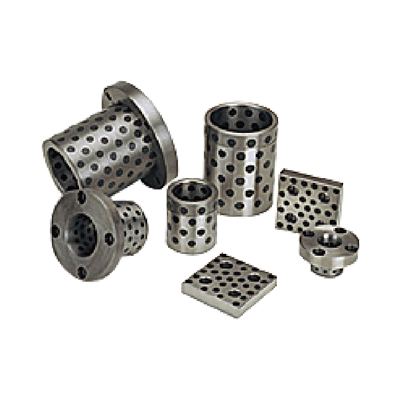Quality control is a critical aspect of the manufacturing process for nonstandard spherical pads, as it ensures that the final products meet the necessary specifications and performance standards. Here are several key reasons highlighting its importance:
Quality control processes help maintain uniformity across batches of nonstandard spherical pads. Consistent quality is essential, especially when these pads are used in applications where performance and safety are paramount. Reliable products reduce the risk of failure during use, leading to increased customer satisfaction and trust.
Manufacturers must adhere to various industry standards and specifications, which can vary based on the intended application (e.g., automotive, aerospace, industrial). Quality control verifies that the pads conform to these standards, ensuring compliance with regulatory requirements and avoiding potential legal issues.
Rigorous testing and quality assessments identify any weaknesses or defects in the material or design. By addressing these issues before production, manufacturers can enhance the performance and durability of the pads, ensuring they withstand the intended environmental conditions (e.g., temperature, pressure, and chemical exposure).
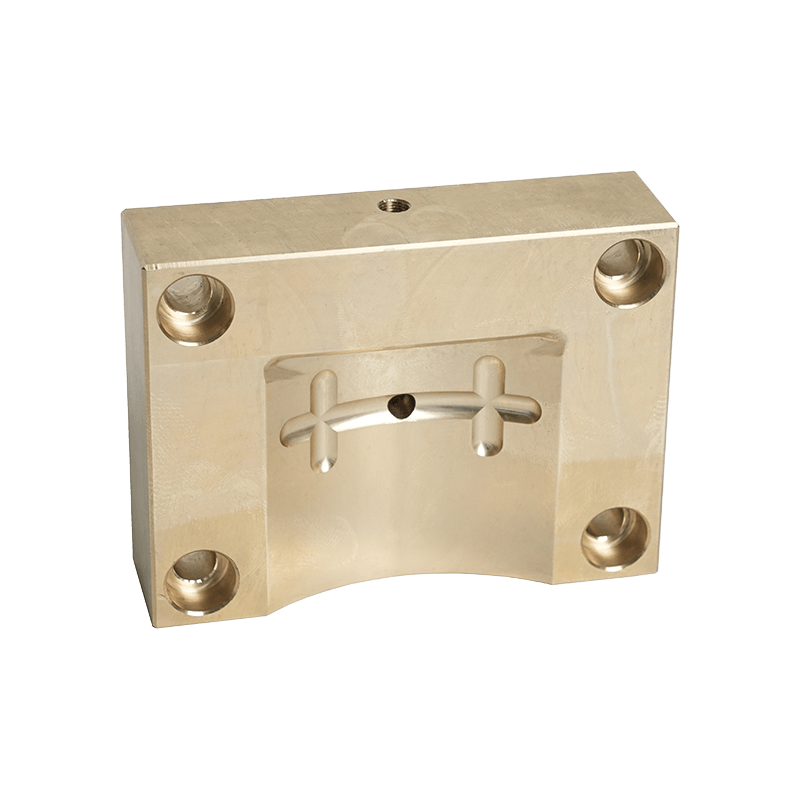
Implementing quality control measures can significantly reduce waste caused by defective products. Early identification of issues allows for corrective actions before full-scale production, minimizing rework and scrap. This efficiency not only lowers production costs but also optimizes resource utilization.
When customers are assured of the quality of the products they purchase, their confidence in the brand increases. Consistently high-quality nonstandard spherical pads lead to repeat business and positive word-of-mouth recommendations, enhancing the manufacturer’s reputation in the market.
Quality control processes often involve collecting data on production quality, which can be analyzed to identify trends and areas for improvement. This feedback loop enables manufacturers to refine their processes, improve material selection, and enhance design methodologies over time.
In many applications, nonstandard spherical pads play critical roles in safety. Quality control ensures that the pads meet safety requirements, preventing potential accidents or failures that could arise from substandard products. This is particularly important in industries like automotive and aerospace, where safety is paramount.
Implementing quality control measures fosters a culture of accountability among employees. When workers understand the importance of their roles in maintaining quality, they are more likely to take ownership of their tasks and strive for excellence, resulting in better overall performance.
Quality control is integral to the manufacturing process of nonstandard spherical pads, influencing product consistency, reliability, and safety. By ensuring adherence to industry standards and fostering continuous improvement, QC not only enhances customer satisfaction but also supports the long-term success of manufacturers in a competitive marketplace. Investing in robust quality control processes ultimately leads to superior products that meet the diverse needs of clients across various industries.

 English
English Deutsch
Deutsch Español
Español русский
русский

 +0086-513-88690066
+0086-513-88690066